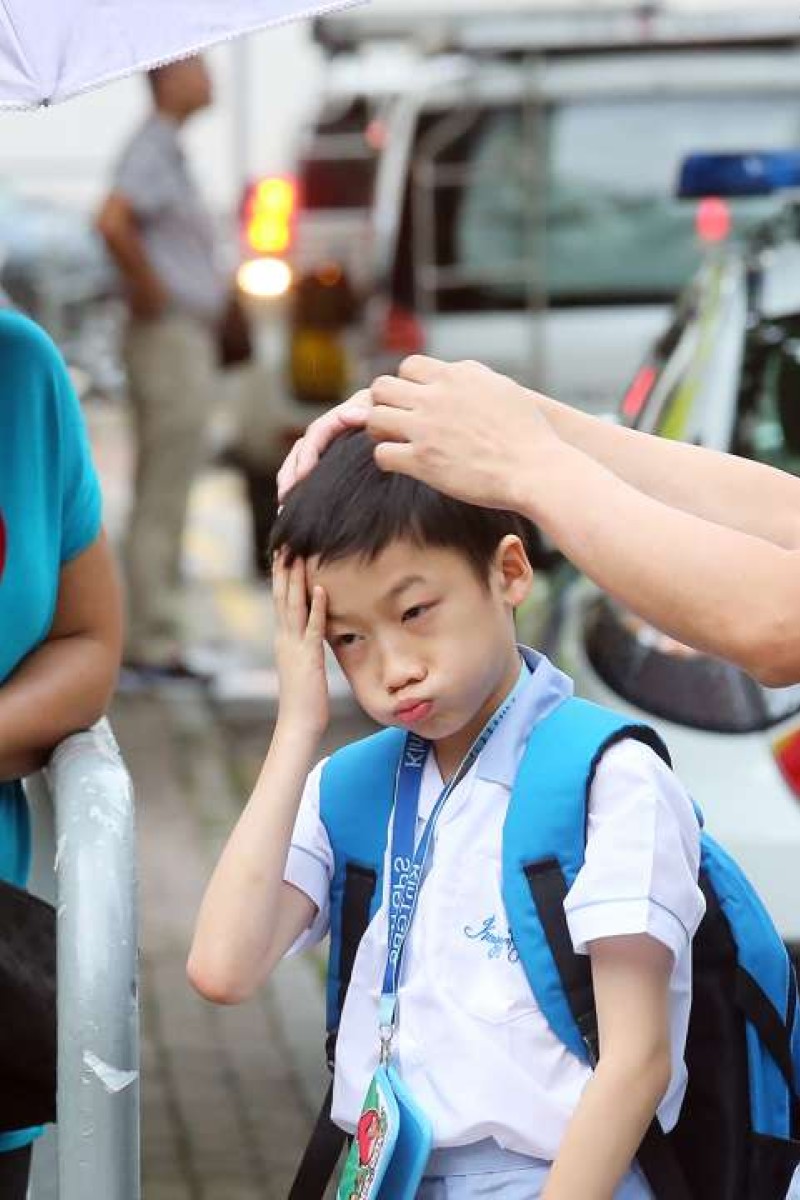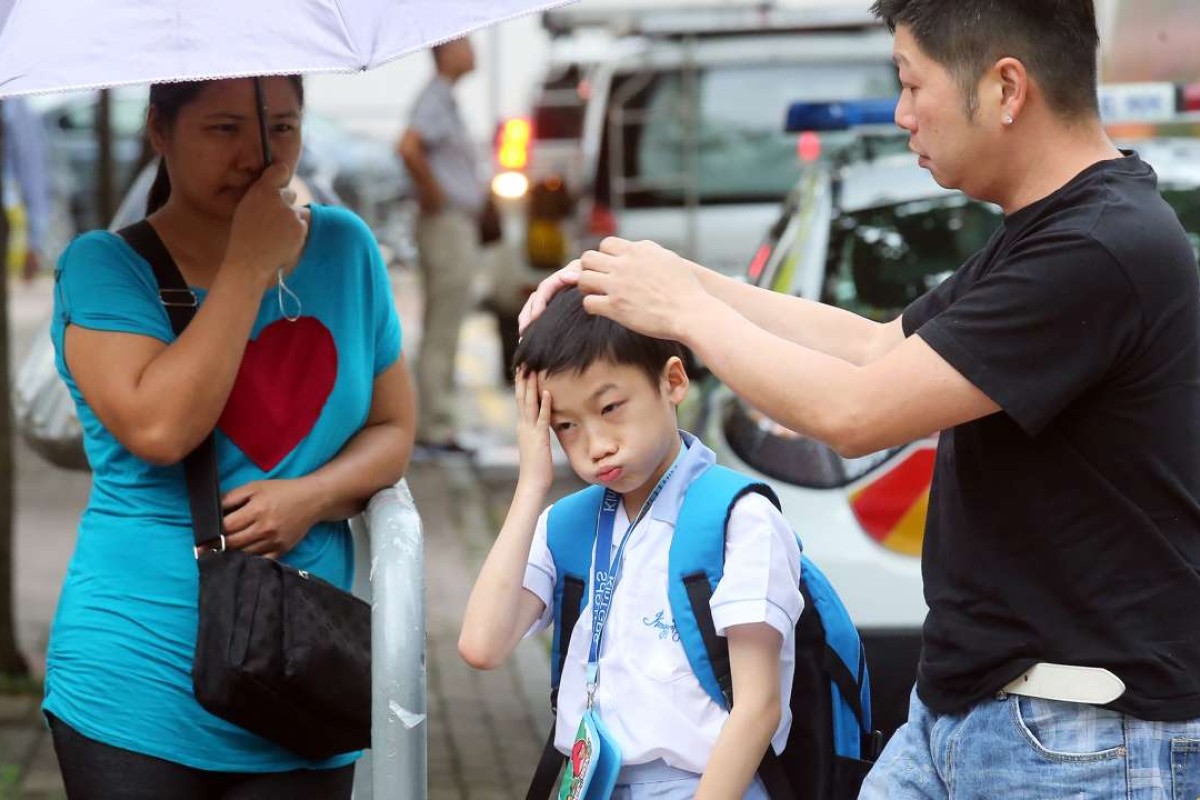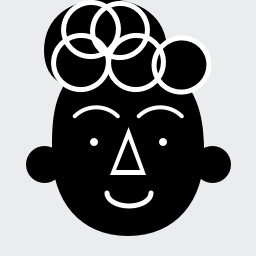
Chinese University study shows Hong Kong parents are more confused than ever
 Parents say kids need more freedom ... but in reality, it doesn’t exist.
Parents say kids need more freedom ... but in reality, it doesn’t exist.Hongkongers want their children to be winners from day one, but many are using parenting techniques they don’t believe in, says a new study from Chinese University.
According to the study, published on Monday, one in three Hong Kong adults believe children should be trained to “win at the starting line” from early childhood. Of those parents, some 54 per cent believed it was important to discover and develop children’s interests as early as possible. Another 24 per cent believed that the younger the child, the better they learn and absorb knowledge. One in six said it was important not to let children fall behind their peers.
But an overwhelming majority – 77 per cent of respondents – also said that the best way to nurture children was by providing space and freedom.
The study, conducted by the university’s institute of Asia-Pacific Studies, polled 751 people aged 18 or above during late June on their views about the mentality of “winning at the starting line”.
In Hong Kong, this is so common that it is normal parents load their children up with training courses or tutorial classes from a very young age, all so they can achieve good grades. One local couple made headlines after spending HK$60,000 at the recent Hong Kong Book Fair on a series of educational books for their 17-month-old daughter and five-month-old son.
The institute’s poll showed that for those with children studying in primary schools or kindergartens, some 45 per cent said they had already arranged two to three after-school activities – mainly tutorial classes and music classes – for their children.
Another 8.2 per cent said they had signed their children up for five or more extracurricular activities.
And yet an overwhelming 91 per cent of the respondents felt that Hong Kong children already faced “very high” or “quite high” study stress. And 77 per cent also complained that there was not enough free time for children to play.
The institute’s report concluded that the test results reflected the dilemma of the respondents.
“On the one hand, they wished children could be happy, joyful and develop freely. One the other hand, it was hard for them to deny that in reality such an ideal situation does not exist.”
